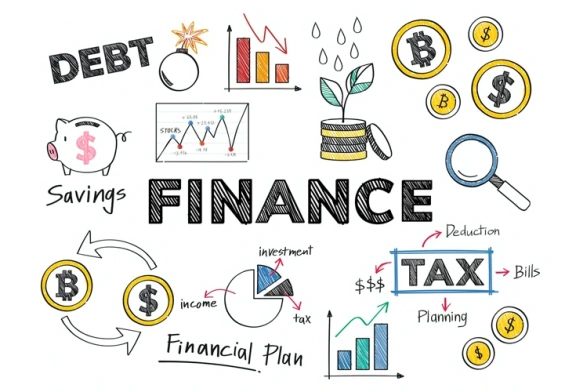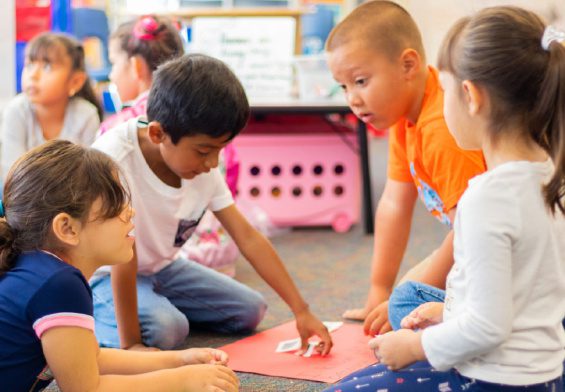
Table of Contents
Intro: Financial Literacy Resources for Adults
Essential to achieving financial independence is the forming of a financial literacy and the foundation to it is proper financial management. Learning the basics of personal finance principles like budgeting, saving, investing and managing debt for more secure and prosperous future is the common knowledge for all adults. But many lack the resources or the knowhow on what to do first.
Fortunately there are plenty of financial literacy resources available to help adults improve their financial knowledge and make better decisions. In this guide, we’re going to walk through the best resources for learning about the basics of your finances.
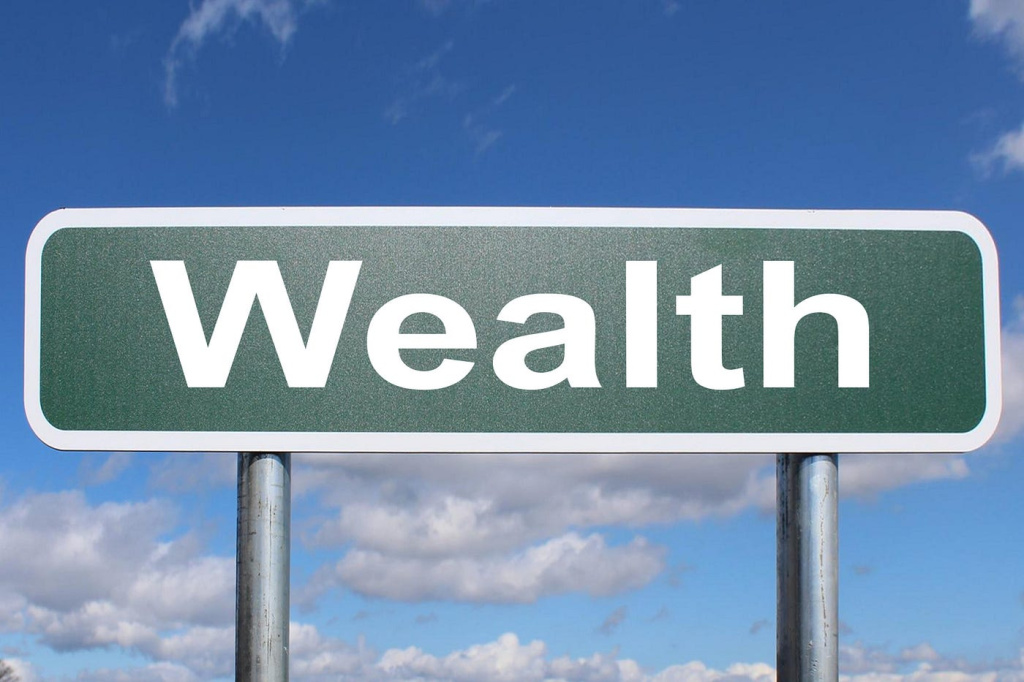
1. Online Financial Literacy Courses and Platforms
Free and paid online courses related to basic financial literacy abound and you can access them through numerous online platforms. Such courses offer adults to learn at their own pace and specialize according to their own personal financial needs.
Popular Financial Literacy Platforms:
Coursera: Some of the courses on personal finance, investment strategies, and financial planning are provided by Coursera to top universities and institutions. ‘Financial Planning for Young Adults’ and ‘Managing your personal finances’ are popular courses.
Udemy: Coming Affordable Personal finance courses in Udemy covers from budgeting to investing to planning of retirement. There are courses for beginners, there are courses for very advanced users, and there are courses for people trying something new.
Khan Academy: If you want to take an in depth free course on financial literacy, Khan Academy has one that covers things like budgeting, interest rates, and taxes.
edX: edX does also offer personal finance courses from accredited universities like Coursera. There are courses, such as the ‘Personal Finance Essentials’, which give adults a good grasp of money handling.
So these are great places for adults who are looking to expand their role as a financial educator and help people gain knowledge financially – from home.
2. Financial Literacy Apps
Tracking spending, creating budgets and understanding financial management are easy access points through Mobile apps. It can range from apps that help one learn about financial literacy to apps that assist one in executing theory to managing his personal finances.
Top Financial Literacy Apps:
Mint: Mint is one of the best budgeting apps you can find, which tracks spending and helps you create a budget as well as manage your bills. It gives you some information about how you spend your cash and suggests ways to improve your financial situation.
You Need a Budget (YNAB): YNAB is both a budgeting tool that also serves as a financial literacy resource. It motivates users to take control over their money by assigning each dollar a job. In addition to providing educational materials and tutorials on personal finance, the app also offers financial self help.
PocketGuard: This app is a tool to help users see how much disposable income they have when taking out bills, savings, and essentials. It’s simple and effective to control your budget and never overspend.
Acorns: Investment app Acorns teaches you to invest, who, together with your savings, will grow your money. It takes your daily purchases and round them up to the dollar and invests the difference into diversified portfolios.
Goodbudget: This is all about Goodbudget which allows users to budget out money to different spending categories based on the envelope budgeting system. Learning disciplined budgeting, and sticking to financial goals, it’s a great tool.
Financial education and practical tools in one package, these apps assist adults with applying what they learn in financial management.
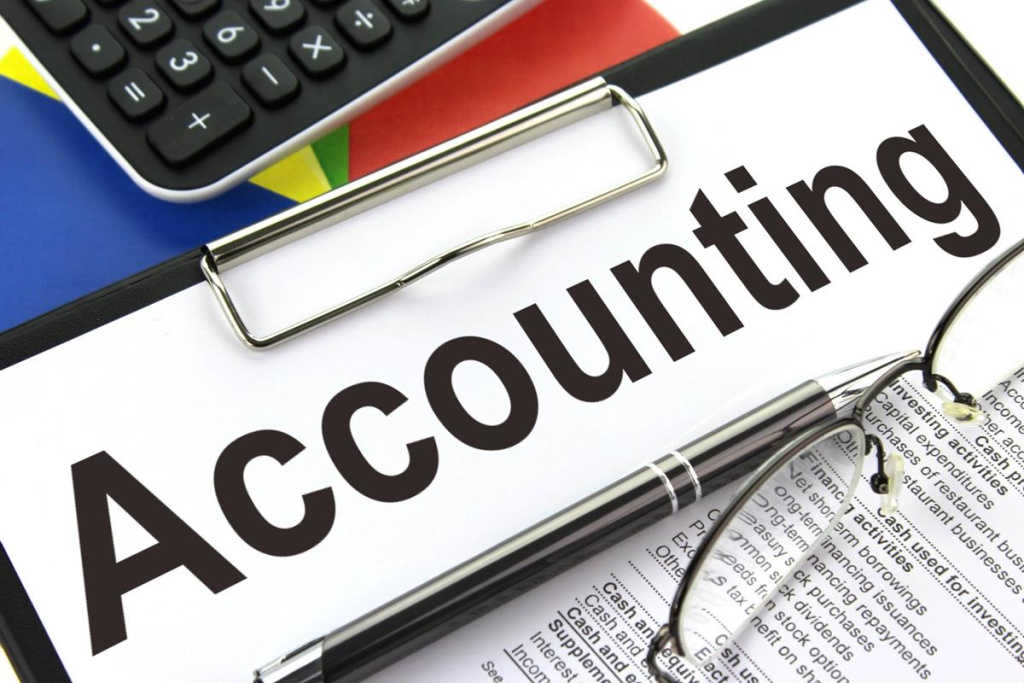
3. Government Resources for Financial Literacy
There are many resources Governments and non profit organizations offer for financial literacy that are free and available to everyone. These resources are intended to help people learn about money management, debt management and financial planning.
Key Government Resources:
MyMoney.gov: MyMoney.gov is a one stop shop for financial education and managed by the U.S. Department of the Treasury. It contains information on budgeting, homeownership and retirement planning as well as tools to assist an adult in making sound financial decisions.
Consumer Financial Protection Bureau (CFPB): The CFPB provides free resources in a variety of areas, including credit scores, debt management and paying for college. In addition, the site also offers mortgage calculators and budgeting worksheets to assist consumers as they travel through their financial lives.
National Endowment for Financial Education (NEFE): Free, nonprofit personal finance courses, articles, and tools from NEFE (the National Endowment for Financial Education) help Americans become smarter and more financially literate.
Financial Literacy and Education Commission (FLEC): Ranked up there with glamorous occupations like trucker, postal worker, or hair stylist, this U.S. government commission works to promote financial literacy by working together to coordinate federal efforts and to create resources for consumers to make better financial choices.
These government backed resources are great sources of information and helpful tools which allow adults to take control of their finances.
4. Financial Literacy Books
Books offer timeless in depth knowledge on personal finance topics. Whether you’re young or old, whether you’ve never thought much about your financial health or want to expand your knowledge about finances, there is a financial literacy book for you.
Essential Financial Literacy Books:
“The Total Money Makeover” by Dave Ramsey: This best selling book is all about what we need happen to get out of debt and build wealth step by step. Ramsey is a no nonsense devicer of financial literacy for everyone.
“Rich Dad Poor Dad” by Robert Kiyosaki: In this book Kiyosaki compares the financial attitudes of his two ‘dads,’ and shows why financial education, education about ‘how money works,’ about ‘how to get rich’ and about how central to the concept of wealth creation is education about ‘why people get rich.’
“Your Money or Your Life” by Vicki Robin and Joe Dominguez: The book teaches you how to manage your money as you value it and as your life goals dictate. It’s a complete manual to financial freedom.
“The Simple Path to Wealth” by JL Collins: This book is for the beginner, focused on investing and building long term wealth, and outlines plain, easy to understand advice.
“I Will Teach You to Be Rich” by Ramit Sethi: If you’re looking for practical tips for making your finances automatic and saving more, this guide is for you. Sethi’s sense of humour and simplicity when it comes to money management make for pleasant learning.
And these books are incredible resources to dip down into personal finance and get the full picture of what financial literacy really is.
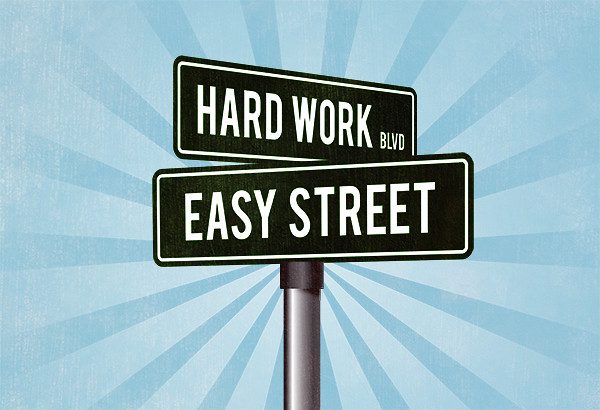
5. YouTube Channels for Financial Literacy
Another great source of financial education is YouTube. YouTube is a regular stage for many personal finance experts and educators who share advice and tips on effective money management.
Top Financial Literacy YouTube Channels:
Graham Stephan: Graham Stephan is a real estate investor and entrepreneur who shares videos on investing, saving, and wealth creation. He is approachable, and his content is ideal for the new seed to financial journey.
The Financial Diet: It runs the gamut of financial topics for you – not only budgeting and getting rid of debt, but also how to invest along with a frugal living. It’s a voice that adults can relate to and read about and be better about handling their money.
Dave Ramsey Show: Videos on Dave Ramsey’s YouTube channel teach viewers how to get rid of debt, build wealth and become financially free. Real life callers pose financial situations and get advice on the show.
Andrei Jikh: Andrei Jikh’s channel focused on personal finance and investing and gives educational content related to stock investing, cryptocurrency and more about money managing.
Minority Mindset: My focus through this channel is education on matters to do with finances as well as on ways of becoming an entrepreneur. It contains tips for how to save money, invest, even how to adopt a wealth-building attitude.
The YouTube channels featured here provide a blend of educational information, personal tales, and practical advice for adults to gain financial literacy.
6. Podcasts on Financial Literacy
Another great way to learn personal finance is podcasts while commuting, exercising, or during a lull. Financial literacy podcasts include friendly expert interviews, awesome success stories and actionable advice on taking control of your money.
Popular Financial Literacy Podcasts:
“The Dave Ramsey Show”: They give out tons of practical advice on how to get out of debt, how to manage your money and build wealth. It’s one of the most popular personal finance podcasts in the country.
“How to Money”: Hosted by two financial fanatics and covering the gamut of subjects like credit scores to retirement planning, it’s an engaging and easy to understand podcast.
“Afford Anything”: Paula Pant’s podcast is about financial independence and real estate investing. She talks to experts and is into early retirement and low budget living.
“ChooseFI”: This podcast is focused on the Financial Independence, Retire Early (FIRE) movement and helps financial independence with actionable tips on saving, investing including reaching financial independence.
“So Money”: This podcast, hosted by award winning journalist Farnoosh Torabi interviews the top financial experts and gives us tips on how to budget, invest, and manage our money.
The podcasts are both inspirational and practical with tips that make learning financial literacy opportunities that are convenient and enjoyable.
Conclusion: Empower Yourself with Financial Literacy
A fundamental component of financial literacy is a basic necessity in surviving adulthood and attaining financial security. Taking control of their finances doesn’t have to be so stressful. It can be as easy as using these resources (books, apps, courses and other podcasts) to get the knowledge and confidence they need. While you delve into these resources, know that financial literacy is a marathon and not a sprint and each time you learn more about managing your money you are one step (or more) closer to financial freedom.
FAQs on Financial Literacy Resources for Adults:
1. What is financial literacy?
Financial literacy refers to the ability to understand and effectively use various financial skills, including personal financial management, budgeting, and investing.
2. Why is financial literacy important for adults?
It helps individuals make informed financial decisions, avoid debt, save for the future, and build wealth over time. Financially literate adults are better equipped to handle unexpected expenses and secure a stable financial future.
3. What are some common financial literacy topics?
Common topics include budgeting, saving, investing, managing debt, understanding credit, retirement planning, taxes, and insurance.
4. Where can adults find free financial literacy resources?
Adults can access free resources through government websites like MyMoney.gov, nonprofit organizations, local libraries, and financial education apps or platforms like Khan Academy.
5. Are there any financial literacy courses for beginners?
Yes, platforms like Coursera, Udemy, and edX offer beginner courses that cover the basics of personal finance and money management.
6. How can financial literacy apps help adults manage their finances?
Apps like Mint and You Need a Budget (YNAB) allow users to track spending, create budgets, and set financial goals, helping users develop better financial habits.
7. What are the best financial literacy books for adults?
Popular financial literacy books include “The Total Money Makeover” by Dave Ramsey, “Rich Dad Poor Dad” by Robert Kiyosaki, and “Your Money or Your Life” by Vicki Robin.
8. Can podcasts help with financial literacy?
Yes, podcasts such as “The Dave Ramsey Show”, “How to Money”, and “ChooseFI” offer insights and actionable advice on managing money, budgeting, investing, and more.
9. What is the best way to improve financial literacy?
Start by setting personal financial goals, take online courses, read financial books, listen to financial podcasts, and use budgeting apps to put theory into practice.
10. How can adults learn about budgeting?
Adults can use online resources, apps like Goodbudget, and books that teach the principles of budgeting. Many free templates and guides are also available online.
11. Are there government-sponsored financial literacy programs?
Yes, the U.S. government offers financial literacy programs through websites like MyMoney.gov and the Consumer Financial Protection Bureau (CFPB), providing a wealth of information for free.
12. What are some reliable websites for financial literacy?
Trusted websites include MyMoney.gov, Investopedia, CFPB.gov, and NEFE.org. These sites provide information on budgeting, investing, and debt management.
13. How can adults learn about investing?
There are many resources available, including books like “The Simple Path to Wealth” by JL Collins, investment apps like Acorns, and online courses from platforms like Coursera and edX.
14. How can I improve my credit score with financial literacy resources?
Learning how credit works through resources like Credit Karma and the CFPB can help you manage your credit responsibly, pay off debt, and improve your credit score.
15. What are financial literacy workshops, and where can I find them?
Financial literacy workshops are educational sessions that cover topics like budgeting, investing, and credit. These can be found at local community centers, libraries, or offered online by nonprofit organizations.
16. How can adults learn to manage debt effectively?
Books, courses, and tools like Dave Ramsey’s Debt Snowball Method, as well as resources from the National Foundation for Credit Counseling (NFCC), can help adults manage and pay off debt.
17. Are there financial literacy resources for retirement planning?
Yes, many retirement-focused courses and resources are available online, including books like “The Bogleheads’ Guide to Retirement Planning” and free calculators on websites like Vanguard and Fidelity.
18. What financial literacy tools can help with saving for emergencies?
Apps like Digit and Qapital can help users automate savings for emergency funds, while resources like the Emergency Fund Calculator from NerdWallet provide insights on how much to save.
19. How can financial literacy resources help with tax planning?
Learning about taxes through resources like the IRS website, books, or tax planning software like TurboTax can help individuals maximize deductions and minimize liabilities.
20. Can I learn financial literacy through YouTube?
Yes, YouTube channels like Graham Stephan, The Financial Diet, and Minority Mindset offer free educational videos on personal finance, investing, and budgeting.
21. What role do financial advisors play in financial literacy?
Financial advisors can offer personalized advice and help adults understand complex financial topics, create tailored financial plans, and educate them on managing their money better.
22. Are there nonprofit organizations that provide financial literacy education?
Yes, nonprofits like NEFE (National Endowment for Financial Education) and NFCC offer free financial literacy resources and educational programs to help adults manage their finances.
23. What are some interactive financial literacy tools?
Online budgeting calculators, investment simulators, and debt repayment trackers like those offered by Investor.gov or CFPB can provide hands-on financial education.
24. Can financial literacy resources help adults reduce financial stress?
Yes, learning how to manage money properly through financial literacy resources can reduce financial stress by helping individuals control their finances, pay off debt, and save for the future.
25. How can financial literacy help with long-term wealth building?
By learning about budgeting, saving, investing, and avoiding debt, adults can create a solid financial foundation and grow their wealth over time through informed decision-making.
26. What resources can help adults understand loans and interest rates?
Websites like NerdWallet, Bankrate, and educational content on Investopedia can help adults understand the terms and conditions of loans, interest rates, and how to avoid high-cost debt.
27. How can adults improve their financial decision-making skills?
Financial literacy courses, books, and tools provide the knowledge needed to weigh options, understand risks, and make informed financial decisions.
28. How often should I review financial literacy resources?
Financial literacy is an ongoing process. Regularly reviewing resources—whether monthly or quarterly—can help you stay updated on best practices, new tools, and changes in the financial landscape.
29. What financial literacy resources are available for self-employed adults?
Self-employed adults can benefit from resources like QuickBooks, FreshBooks, and courses on business finance management offered on platforms like Skillshare and Coursera.
30. Can improving financial literacy lead to financial independence?
Yes, improving financial literacy can empower individuals to save, invest, and manage their money effectively, leading to long-term financial independence and security.
Also visit:-


